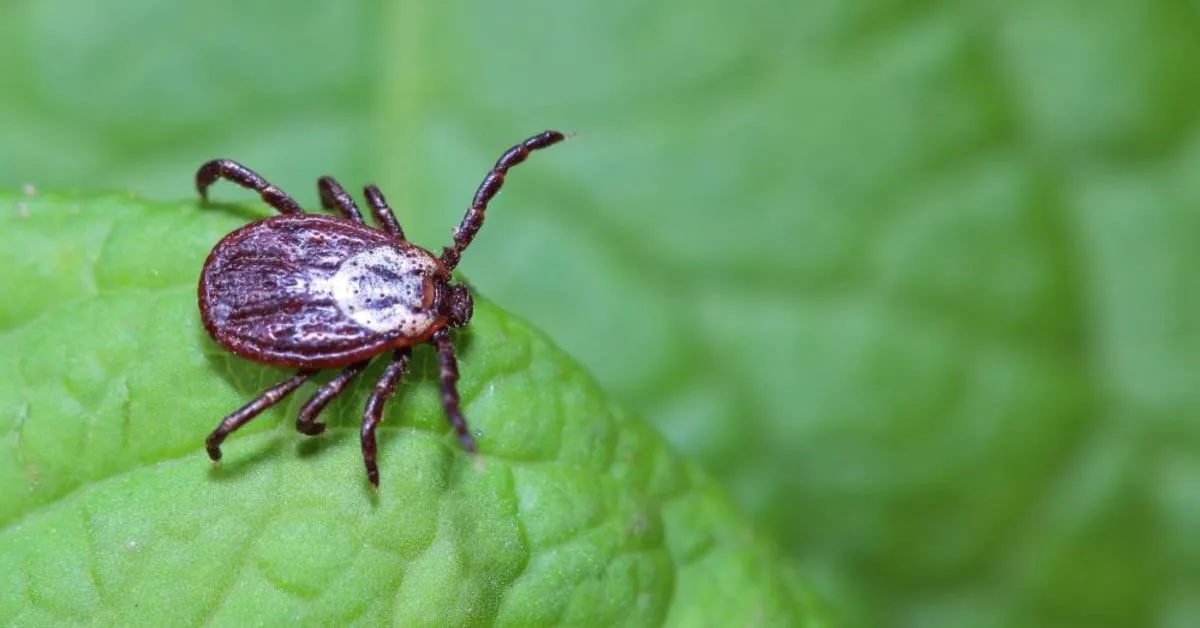Equine Piroplasmosis: Health Risks from Ticks for Horses

The Growing Threat of Equine Piroplasmosis
Equine piroplasmosis, caused by the Babesia parasite, is becoming increasingly prominent, especially with the rise in tick infestations. As more horses travel internationally, awareness of this disease is vital for horse owners.
Ticks and Their Role in Disease Transmission
- Ticks are the primary vectors for equine piroplasmosis.
- Increased movement of horses can enhance the spread of these ticks.
- Vigilance is required to protect horses from ticks during this spread.
Effective Horse Care Strategies
To prevent equine piroplasmosis, horse care protocols should include:
- Regular tick checks to minimize infestations.
- Vaccination where applicable.
- Implementing preventative measures for tick control.
With this knowledge, horse owners can proactively manage the risks associated with equine piroplasmosis.
Disclaimer: The information provided on this site is for informational purposes only and is not intended as medical advice. We are not responsible for any actions taken based on the content of this site. Always consult a qualified healthcare provider for medical advice, diagnosis, and treatment. We source our news from reputable sources and provide links to the original articles. We do not endorse or assume responsibility for the accuracy of the information contained in external sources.
This article was prepared using information from open sources in accordance with the principles of Ethical Policy. The editorial team is not responsible for absolute accuracy, as it relies on data from the sources referenced.